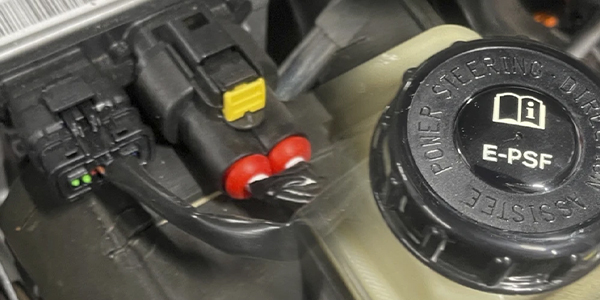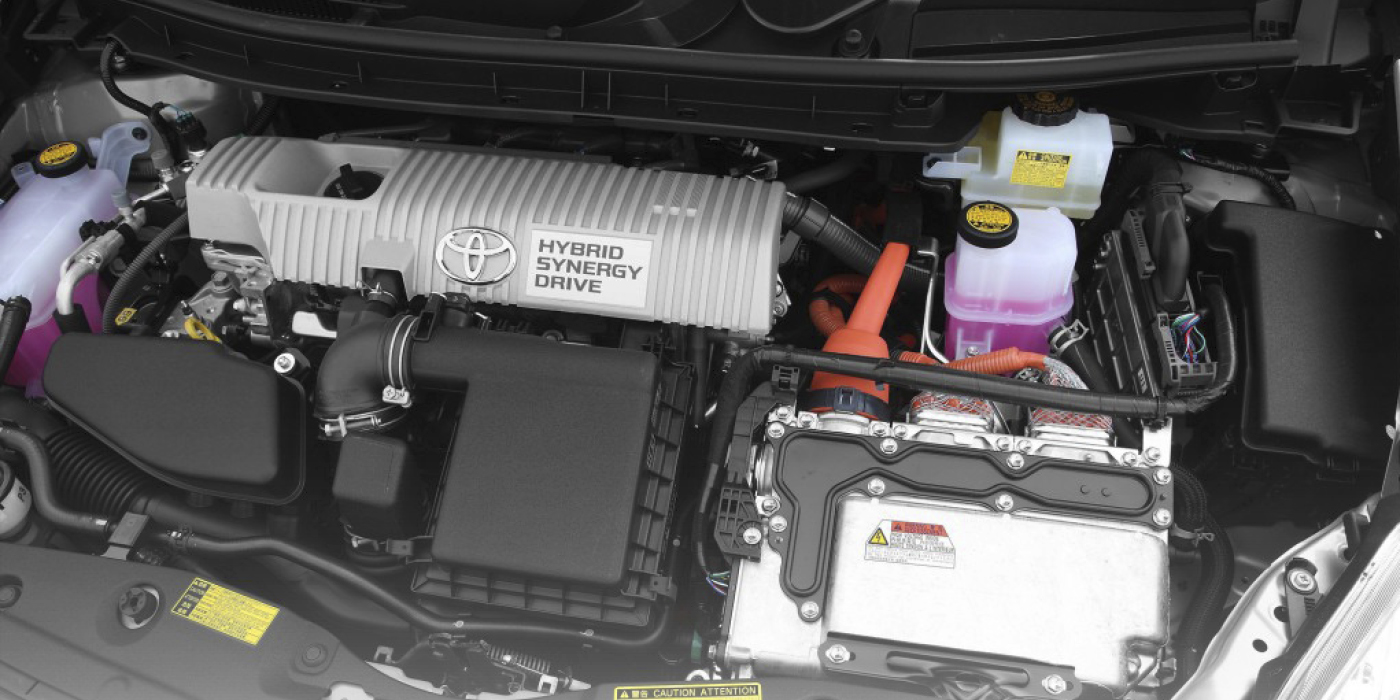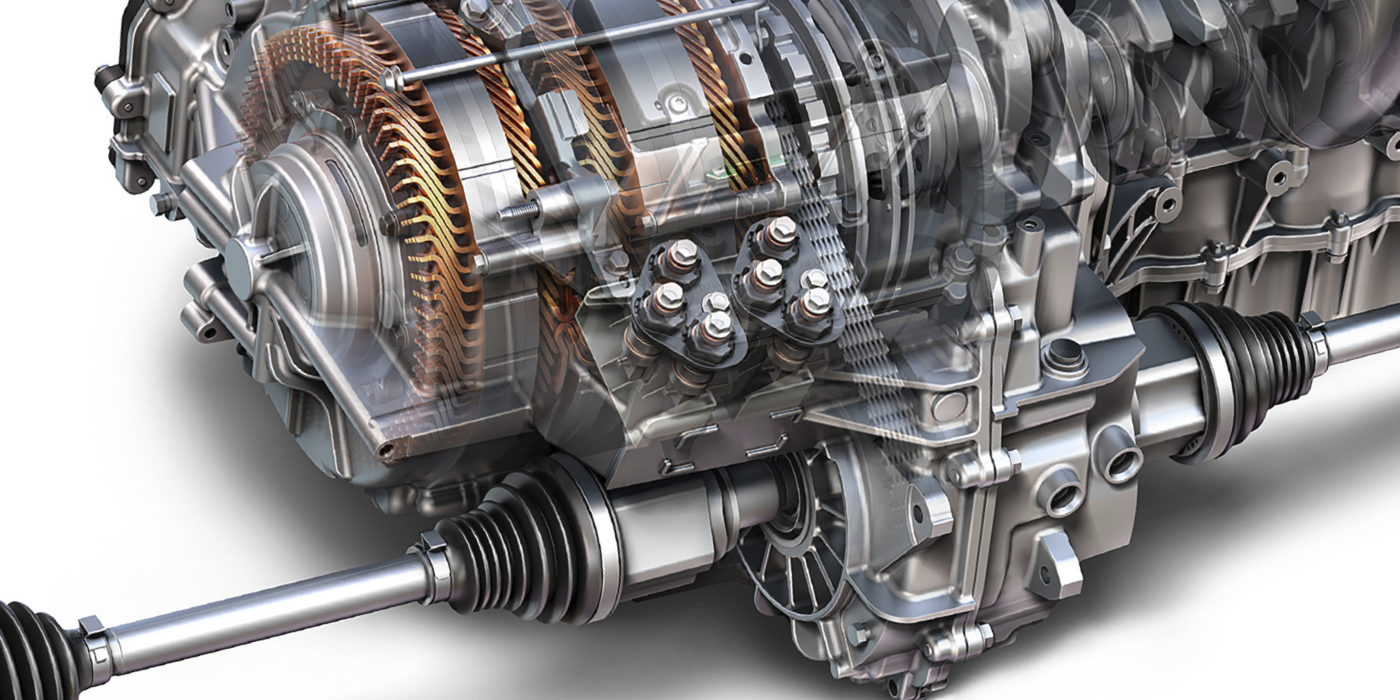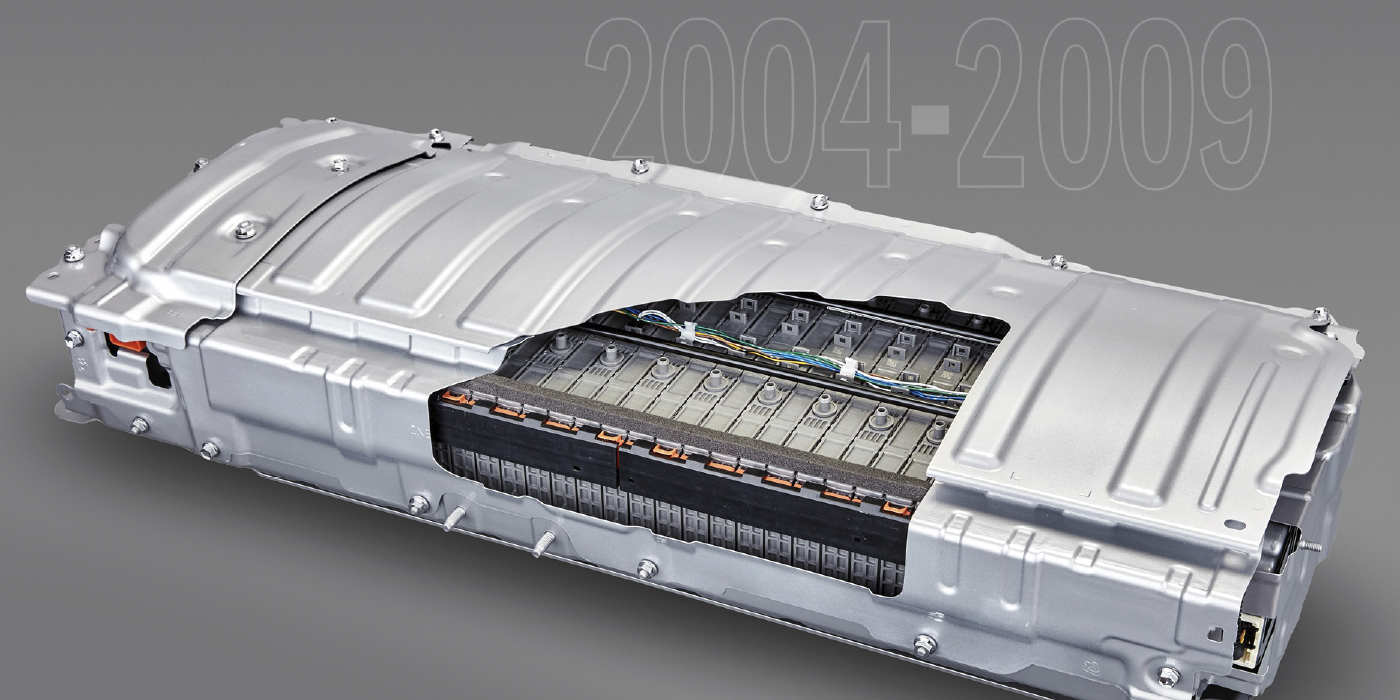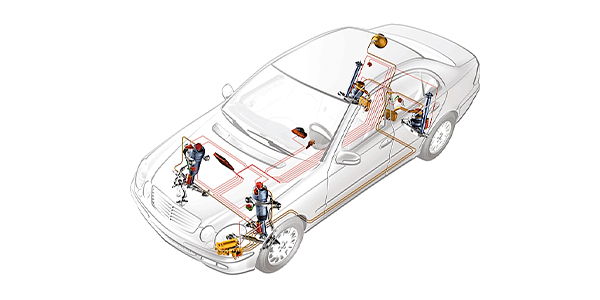by Frank Walker
As you may know, the air conditioning compressors in many hybrid vehicles are operated by an electric motor instead of a drive belt.
The motor’s insulated windings are immersed in the compressor’s lubricating oil. The oils used in these compressors are formulated to have high dielectric properties, that makes them non-conductive.
Denso has recently produced a chart showing that as little as 1% contamination by improper oil can reduce the dielectric properties.
If a different type of oil gets into one of these compressors, and if the insulation on the windings has become damaged or compromised, a variety of problems may occur.
●The greatest risk is that the oil may conduct high voltage to the compressor case or connected components. A person may receive an electric shock if they touch the compressor or engine and an appropriate ground.
●Sensors in the compressor case can detect very small voltage leaks. Once a leak is detected, the control system will shut down the compressor.
Some hybrid vehicle manufacturer service bulletins suggest replacing all of the A/C system components if oil contamination has occurred.
And, some equipment used to repair R-134a systems may introduce unacceptable oil when it is also used to charge refrigerant into a hybrid vehicle with an electrically driven compressor. Residual incorrect oil may remain in the equipment’s hoses and internal plumbing, and be delivered into the hybrid vehicle during the charge process.
Over the years, equipment manufacturers have introduced new recovery/recycling/recharge (RRR) machines that are acceptable both for use on hybrid vehicles with electrically driven compressors and for use on conventional A/C systems.
These RRR machines have a separate SAE specification J2788H and are designed to prevent oil from mixing with the refrigerant during charging. J2788H machines do not have oil injection capability, thus preventing the possibility of oil being dispensed from the machine.
If an older, SAE J2210 (or a “non-H” J2788) machine is used for conventional A/C systems, it cannot be used to recharge the A/C systems on hybrid vehicles that use an electrically driven compressor. However, there is a device whose use can permit an exception.
For those shops that want to use non-J2788H RRR machines on hybrid A/C systems with electric motor driven compressor motors, an add-on filter is available from AirSept..
The filter, displayed at the Mobile Air Conditioning Society Worldwide (MACS) tradeshow and convention in January, is designed to remove oil, dye, and other liquid or particulate contaminants from refrigerant during recharge. This special filter is placed in series between the RRR machine and the vehicle.
The unit works by vaporizing the refrigerant, and traps and holds the vast majority of non-vaporous materials (including oil), so they cannot enter the vehicle’s A/C system. The filter eliminates the need to purchase separate equipment to recharge hybrid vehicles with electric motor driven compressors.
Note: The manufacturer said its product utilizes two fittings on top. One has a tee that accepts the
couplers for the low- and high-side hoses from the user’s RRR machine. The second fitting is for a dedicated hose that connects from the unit to the low-side service valve on the vehicle.
Frank Walker is vice president of marketing for AirSept Inc., a manufacturer of filters and parts used in air
conditioning, transmission, power steering and cooling system repair. Visit www.airsept.com for more information.

